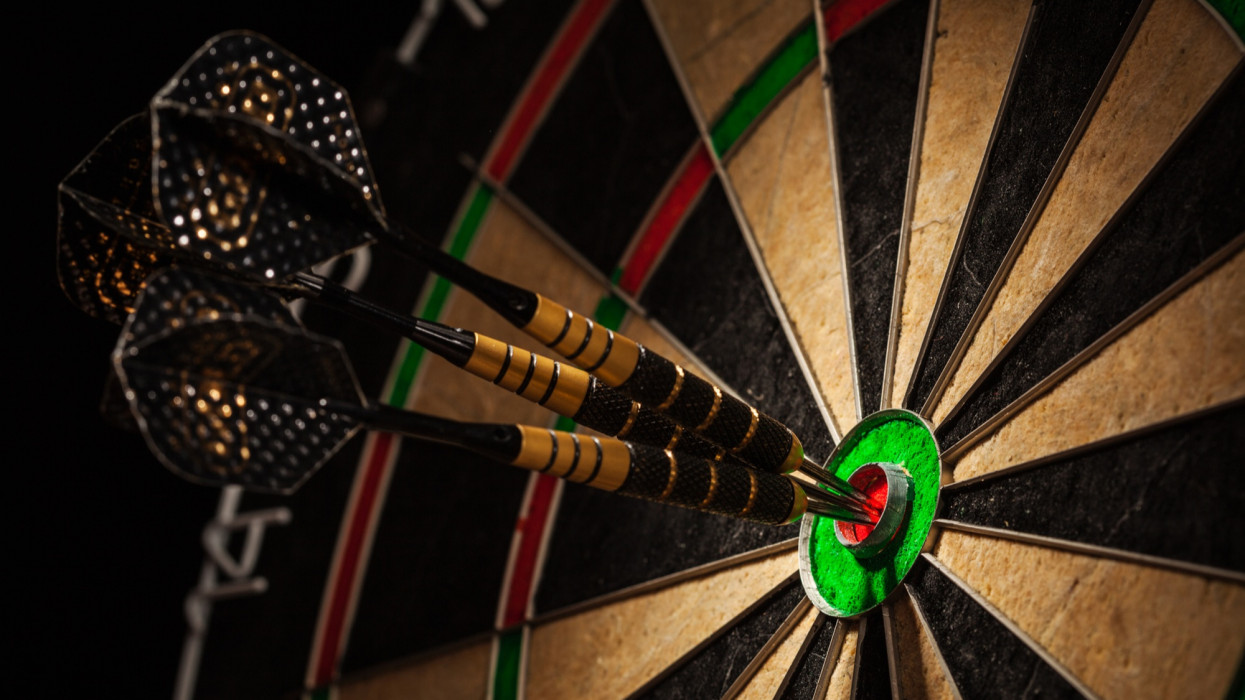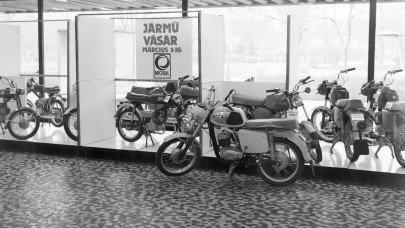The EU believes that the Russian import restrictions are incompatible with the WTO, notably with the Agreement on the Application of Sanitary and Phytosanitary measures (SPS Agreement) and the GATT 1994. At the EU's request, and as part of the initial stages of the dispute, consultations were held on 30 April and 1 May 2014 between Russia and the EU. However, their outcome did not lead to a lifting of the measures or any proper justification for them to be maintained. Unfortunately, subsequent bilateral discussions also did not bring any progress.
"Russia´s import restrictions on European pork are clearly disproportionate, discriminatory and not based on science," said EU Trade Commissioner Karel De Gucht. "As this goes against international trade rules, Europe has no choice but to request the establishment of a panel at the WTO."
"The EU immediately put in place measures to contain the spread of the disease. Thus, EU products from the non-affected areas are perfectly safe. Despite our efforts over the last five months and the numerous bilateral contacts ewe had with Russia, there is no sign that Russia will allow trade to resume from the unaffected areas in the EU," said EU Commissioner for health Tonio Borg.
"The Russian import restrictions on pig meat from the EU have already had a severe impact on the EU pig sector, requiring crisis assistance measures. During the 5 months the ban has now been in place, European pig meat producers have lost exports worth some €580 million," said EU Agriculture Commissioner Dacian Cioloş.
Upon joining the WTO in 2012, Russia committed to ensure that its measures protecting animal life and health are based on science, not more trade restrictive than necessary and applied without discrimination to its different partners and domestic producers.
The EU and its Member States have long been aware of the threat of the disease coming from the east. In addition to stepping up surveillance, the EU immediately imposed measures to prevent any further spread of ASF once it reached the areas bordering Russia and Belarus. The EU´s measures have been taken on the basis of prevailing international standards of the World Organisation for Animal Health (OIE).
Despite this, Russia has refused, since the earliest outbreaks in January 2014, to accept safe imports from the non-affected areas in the EU and maintains a ban that is not based on scientific evidence nor on a proper risk assessment. Russia refuses to amend the export certificate that would allow trade from the unaffected areas in the EU to resume. Moreover, Russia treats other countries with similar or worse outbreaks more favourably, accepting imports from them. Russia also discriminates against others by failing to take measures in its own market despite the numerous outbreaks of the disease on its own territory. In a nutshell, by refusing imports from the parts of the EU unaffected by the disease, Russia would seem to be treating EU products differently both from other trading partners and from those produced domestically.
Source: europa.eu







